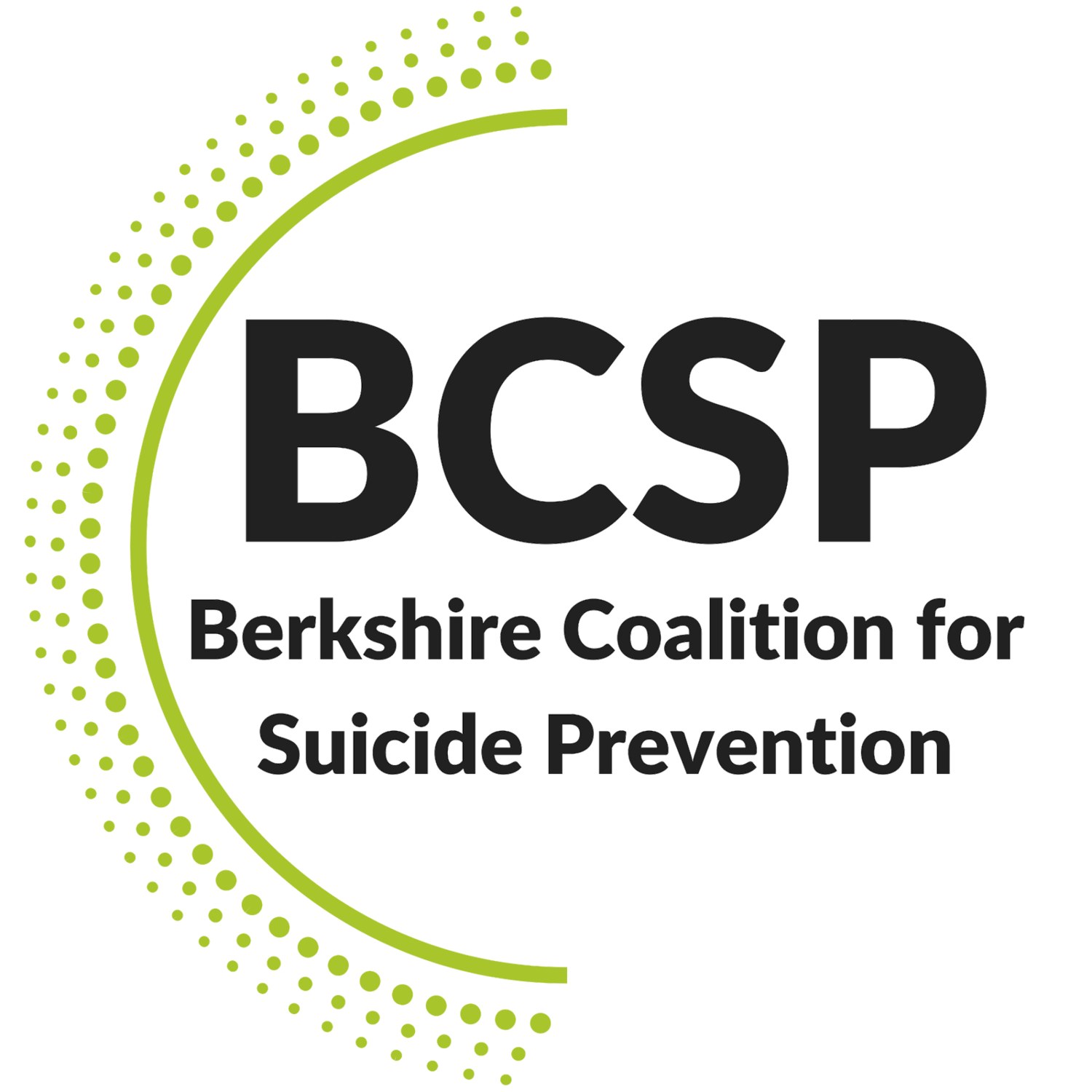THURSDAY, SEPT 10, 2020
8:30 AM – 4:30 PM
FREE
VIRTUAL 2020 BERKSHIRE
SUICIDE PREVENTION CONFERENCE
BEST PRACTICES IN SUICIDE PREVENTION FOR
HIGH RISK POPULATIONS IN BERKSHIRE COUNTY
-FREE EVENT WILL BE ALL ONLINE-
SPONSORED BY BERKSHIRE COALITION FOR SUICIDE PREVENTION,
BERKSHIRE HEALTH SYSTEMS, THE BRIEN CENTER,
NAMI BERKSHIRE COUNTY, THE AUSTEN RIGGS CENTER, Massachusetts Department of Public Health - Suicide Prevention Program and American Foundation of Suicide Prevention (AFSP)
Note: Credit hours are free
CE Applications submitted for approval
(for up to 6.5 hours of CE credit)
for the following disciplines:
Psychologists, LMHC, Social Work, LMFT, RNs,
Licensed Alcohol and Drug Counselors and
OEMS (Office of Emergency Medical Services).
TO BE KEPT UP-TO-DATE ON OUR UPCOMING ANNUAL CONFERENCE INCLUDING CREDITED TRAINING SIGNUP FOR OUR NEWSLETTER HERE
Conference Overview
This conference aims to increase both clinical and general community knowledge in the Berkshires of national and local data trends in suicide deaths; best practices, trainings, and resources in suicide prevention; the application of this information to high-risk populations in Berkshire County with a focus on youth (56% increase nationally among youth ages 10-24 between 2007-2017) and first responders (first responders are more likely to die by suicide than in the Line of Duty); and how to incorporate resiliency and self-care into the context of suicide prevention.
conference information:
Date: Thursday, Sept 10, 2020
Location: Zoom Online Conference
Time: 8:30 am to 4:30 pm
questions:
Questions? Contact Lee Watroba
Phone: (413) 931-5284
Registration:
Deadline is Tuesday, Sept 8, 2020
Advance online registration required.
Overall Conference Description:
Per the American Association of Suicidology and the Center for Disease Control, suicide is currently the 10th leading cause of death overall in the US, is the 2nd leading cause of death for 15-34 year-olds, and as of 2018 the crude suicide rate is the highest crude rate observed in the United States in the last 50 years. There has been a nearly 30% increase in suicide deaths nationwide since 1999 and Massachusetts is one of 25 states in the US in which the suicide rate has increased more than 30%. Also, per the Massachusetts Department of Public Health, the Berkshires has chronically been among the counties with the highest rates of suicide in the Commonwealth.
To continue to work to combat these trends, this conference aims to increase both clinical and general community knowledge in the Berkshires of 1) national and local data trends in suicide deaths; 2) best practices, trainings, and resources in suicide prevention; 3) the application of this information to high-risk populations in Berkshire County with a focus on youth (56% increase nationally among youth ages 10-24 between 2007-2017) and first responders (first responders are more likely to die by suicide than in the Line of Duty); and 4) how to incorporate resiliency and self-care into the context of suicide prevention.
Conference Objectives:
The learner will be able to:
Summarize the most recent national and local suicide death rates and trends.
Summarize suicide prevention best practices, trainings and resources including the Zero Suicide framework.
Describe the emerging research base for group therapy as an effective intervention for youth at risk for suicide.
Summarize how a rural community took a resilient approach to meeting the needs of youth at risk for suicide with limited access to resources.
Recognize the need to adapt evidence-based practices to meet the specific needs of a community.
Identify that suicide is a multifactorial event and name 5 often comorbid risk factors including chronic toxic/traumatic stress.
Describe the connections between chronic trauma exposure and other mental health conditions including depression, anxiety and suicide.
Discuss the traumatic experience of suicide exposure.
Describe how first responders, medical professionals and stakeholders are shifting from reparative care to preventative care to curb the trend of epidemic gun violence.
Recognize the importance of Counseling on Access to Lethal Means.
List three practices that helped palliative care physicians maintain balance in spite of the intensity of working with patients for whom the possibility of death was real and present.
WHO SHOULD ATTEND:
This conference will provide attendee the working knowledge of: 1) national and local data trends in suicide deaths; 2) best practices, trainings, and resources in suicide prevention; 3) the application of this information to high-risk populations; and 4) how to incorporate resiliency and self-care into the context of suicide prevention.
Who should attend?
Social Workers
Mental Health Clinicians
Licensed Alcohol and Drug Counselors
Substance Abuse Workers
Psychologists
Nurses/Physician Assistants/Primary Care Workers
Educators/Teachers
School Administration
First Responders/Emergency and Acute Care Medical Providers
Community members
TERMS OF SERVICE AND PRIVACY POLICY:
Please read our Terms of Service and Privacy Policy before proceeding.
By registering for conference you are accepting the terms and policies listed.
TO BE KEPT UP-TO-DATE ON OUR UPCOMING ANNUAL CONFERENCE INCLUDING CREDITED TRAINING SIGNUP FOR OUR NEWSLETTER HERE

